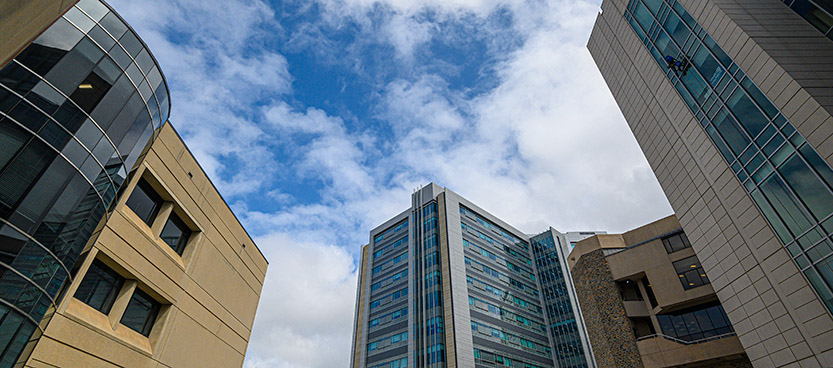
Abraham Lab

There are two major research areas being pursued in this laboratory. The first involves elucidating the role of mast cells in modulating immune responses to microbes. The second area of research investigates cross-talk between distinct infectious agents such as Uropathogenic E. coli, Salmonella typhimurium and Yersinia pestis and the immune system.
Ming Chen Lab
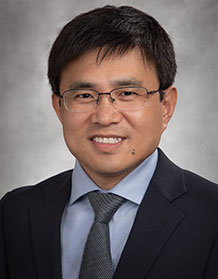
The Chen Lab is interested in understanding the molecular and genetic events underlying cancer progression and metastasis. The focus of our work is a series of genetically engineered mouse models that faithfully recapitulate human disease. We have generated mouse models of several cancer types, including prostate cancer and lung cancer, as well as derived organoid cultures from mutant mice to study the biological functions of cancer related genes. Using a multidisciplinary approach combining mouse genetics, omics technologies, cross-species analyses and in vitro assays, we aim to identify cancer cell–intrinsic and –extrinsic mechanisms driving aggressive and metastatic disease, with a long–term goal of developing new therapeutic strategies for preventing and treating human cancer.
Zhong Chen Lab
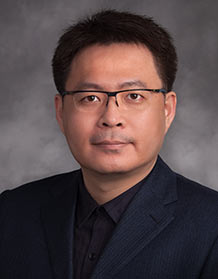
My long-term interest is to investigate potential molecular therapeutic targets required for the growth and progression of prostate cancer and other kinds of tumors. Through integrated multidisciplinary investigation, my ongoing studies are designed to reveal novel molecular mechanisms of transcriptional control in cancer and facilitate the discovery of potential therapeutic targets to improve the treatment of cancer.
Carolyn Glass Lab

Dr. Glass has a special interest in identifying new epigenetic biomarkers that may predict response or resistance to conventional, targeted and immune therapy using computational techniques.
Hale Lab

The Hale laboratory employs techniques of cellular and molecular biology to study mechanisms responsible for the generation of both normal immune responses and immune-mediated diseases. Research in the laboratory is mainly focused on inflammatory bowel disease (IBD). Current work in the laboratory is aimed at understanding triggers of intestinal inflammation and mechanisms of inflammation-associated neoplasia, in addition to developing novel therapies for IBD treatment. Ongoing research also includes investigating mechanisms that determine the immunogenicity of oral antigens, to develop novel adjuvants for oral vaccines. This work has relevance for pathogenesis and treatment of infectious diseases affecting the gastrointestinal tract, as well as for inflammatory bowel disease.
He Lab
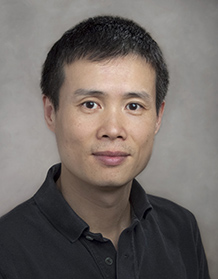
Our laboratory focuses on developing and applying genetic approaches for identifying new cancer genes and studying their functions (Key word: cancer genetics and epigenetics, brain tumor, prostate cancer).
Hoffman Lab

Our laboratory studies mechanisms of hemostasis. This work led to the development of a cell-based model of coagulation that is more physiologically relevant than the earlier "cascade” model. We have used cell-based conceptual and experimental models to understand mechanisms by which drugs can enhance hemostasis and prevent thrombosis, with a goal of designing better therapeutic strategies. In addition, we are studying how products of the coagulation process influence inflammatory/immune responses, angiogenesis, and tissue repair.
Huang Lab
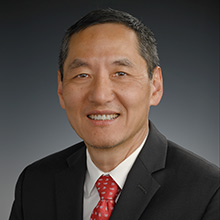
The major focus of Dr. Jiaoti Huang's laboratory is the study of prostate cancer. We are interested in different aspects of prostate cancer, including the molecular mechanisms of carcinogenesis, biomarkers, histological diagnosis, immunohistochemical profiles, the mechanism of tumor progression to the castration-resistant stage, and novel therapeutic strategies.
López Lab

The López Lab is focused exploring the molecular underpinning of the tumor microenvironment of brain tumors to identify and test new therapeutic targets and prognostic markers. Our lab has three main research focuses. First, we are studying the tumor microenvironment in oligodendroglioma to better understand the mechanisms of tumor growth and identify new possible prognostic markers. Second, we are studying the tumor microenvironment in glioblastomas to better understand the role of macrophages in these tumors and their cross-talk with tumor cells and other immune cells. Finally, we are exploring novel therapeutic modalities for the treatment of tumors metastatic to the brain. By combining studies using patient samples and computational approaches, with in vitro studies and mouse models, we hope to rapidly translate mechanistic findings to clinical use to treat patients with brain tumors.
Macias Lab

The overarching goal of the Macias lab is to gain basic mechanistic insights into clinically relevant actionable molecular targets with the eventual goal of aiding to reduce prostate cancer-specific mortality. Our group integrates human cancer genomic data, functional genomic loss of function screens and pre-clinical in vitro and in vivo mouse models in order to identify, prioritize and validate potential therapeutic targets.
Mikhail (Misha) Nikiforov, Ph.D.

The main objectives of our research program include identification and therapeutic exploitation of mechanisms underlying the deregulated transcription programs and metabolism in melanoma and multiple myeloma, two malignancies with no curative treatment. We pursue these objectives by integrating in vitro and in vivo approaches of biomedical engineering, functional genomics, transcriptomics, proteomics and metabolomics.
Park Lab
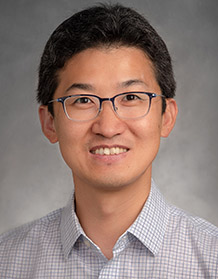
The Park laboratory is interested in:
1. Understanding prostate cancer progression using our novel human epithelial cell transformation system.
2. Investigating the pathogenesis of prostate and other epithelial cancers using primary human cells with organoid culture, which will create novel pre-clinical disease models.
3. Identifying vulnerabilities in treatment-resistant epithelial cancers.
4. Developing novel therapies targeting oncogenic drivers and other disease vulnerabilities.
Christopher Pirozzi Lab
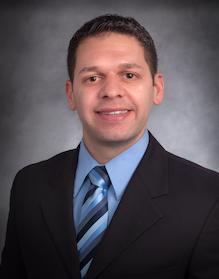
Dr. Pirozzi's work thus far has been dedicated to studying brain tumors, particularly gliomas.
Pizzo Lab
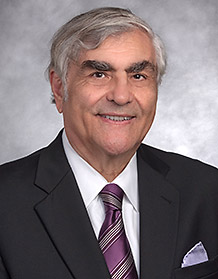
Our laboratory has historically studied proteinases and their regulation by the plasma proteinase inhibitor α2-macroglobulin (α2M). Studies from this laboratory identified cell surface expression of the molecular chaperone GRP78 as a major factor in prostate cancer and other malignancies. Cell surface GRP78 functions as a signaling receptor promoting tumor proliferation and suppressing apoptosis. Patients with a number of malignancies mount an autoimmune response to GRP78 and these antibodies, which bind to the NH2 terminal domains of GRP78, are receptor agonists whose appearance is a marker of poor prognosis. More recently, we have shown that antibodies directed against the COOH-terminal domain of GRP78 are receptor antagonists which may have therapeutic potential for treating patients whose tumors express GRP78 on the cell surface.
Staats Lab

Our laboratory studies methods to induce and regulate antigen-specific immune responses at the mucosal surfaces of the host. The mucosal tissues and surfaces are often the first site of contact with infectious agents, a common location of life-threatening cancers and in constant contact with environmental antigens. A better understanding of factors that control the induction and regulation of mucosal immune responses may aid the development of vaccines and treatments for infectious agents such as HIV and agents of bioterrorism, cancers and environmental allergies.
Sunday Lab

We are studying mechanisms of injury mediated by O2-sensing pulmonary neuroendocrine cells, especially gastrin-releasing peptide (GRP). GRP secretion is induced by O2-related (oxidant) injury, leading to acute and chronic lung injury and pulmonary fibrosis (PF). Our key model is PF due to ionizing radiation to the thorax. This is clinically relevant to PF triggered by many environmental exposures or autoimmune diseases, as well as idiopathic pulmonary fibrosis (IPF). There is no cure for PF. We seek to reverse fibrotic responses in lung.
Shih-Hsiu Wang Lab
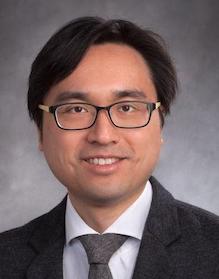
Dr. Wang's research is focused on translational research in Alzheimer’s disease and related dementias (ADRD), specifically in delineating the pathogenic mechanisms linking AD and other common neurodegenerative and vascular pathologies.
Ken Young Lab

Dr. Young laboratory’s primary interest is the study of lymphoma, myeloma and other primary lymphoproliferative disorders.